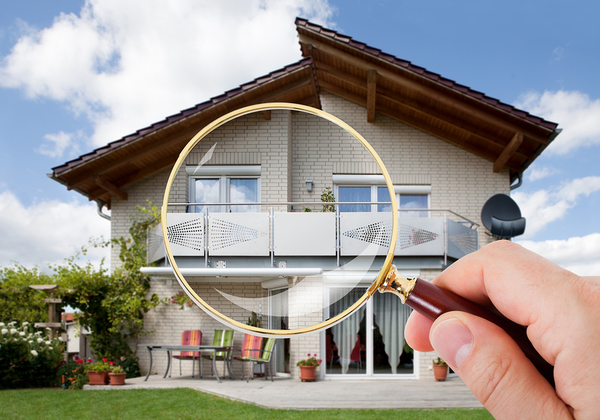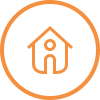What to Expect at an Open House
 Be ready to turn a critical eye on each house you visit.
Be ready to turn a critical eye on each house you visit.It is the weekend; that means it is time to visit more homes for sale if you are buying a house. At an open house, you visit a home with an eye to purchasing it. How can you prepare well for your weekend of visiting homes?
1. Know What You Want
To create a game plan to bring yourself to all of the homes in your area that meet your criteria, first you need to know what those criteria are.
- What do you need in a house? Do you need three bathrooms? Is an easily-accessible garden space key for your family?
- What about the mortgage? Know what your upper limit is, and know what the market is like in your area. If homes typically go for above asking price, set a listing price limit that is a little lower than your actual limit.
- Understand each part of town and its pros and cons. If you love a specific area but it is a bit far from transit options, know this as you debate purchasing a house in that area. Do some research on each neighborhood and its amenities before you visit.
Knowing what you want allows you to look at the homes that fit your criteria, not homes that will be unsatisfying. However, there is a benefit to looking slightly outside your comfort zone as well; if you find a home with two bathrooms that is otherwise perfect, it could be a trade-off that you are willing to pursue.
2. Get Yourself Ready
Visiting home purchase possibilities is a job in itself. Be systematic about your visits so that you can visit a maximum number of properties in a day. Taking a strategic approach can pay off. Research properties you want to see and schedule your day so you can see all the houses you want grouped by area and avoid driving all over town.
Wear comfortable shoes and tidy but comfortable clothes so that you make a good first impression on those you visit. Be prepared with water and snacks so that you do not need to stop often during your visits.
Even though the house is open to the public, be presentable and be prepared to give the realtor your name and contact information to be allowed inside. The selling agent needs to know who is in the home.
 Learn details about the homes you visit so that you can determine whether each home is the one for you.
Learn details about the homes you visit so that you can determine whether each home is the one for you.3. Collect Details
When you visit a home, be prepared to talk business. The realtor will likely have an information sheet on the home, which will include details about specifics like square footage. Have a tape measure in your pocket so that you can take any key measurements that you need, and carry a pencil so that you can add notes to the information sheet. If you have questions gleaned from your criteria for a home, be sure to ask those questions.
Ask when specific parts of the home have been updated. If you notice an older furnace, you could ask about the age of the furnace, for example. You can also ask questions about the neighborhood and any extra fees that a homeowners' association might add to the property.
If the open house is busy, be sure to listen to other buyers as well. This allows you to hear what they see as the pros and cons of the property. They may see problems that you do not see.
Get as many details as possible, but ask before you take photos of the home or look more deeply into storage areas. Remember that in most cases, people are still living in the homes you visit.
4. Debrief Later
After each visit, discuss the home in question, going over your checklist. It is impolite to discuss the home's cosmetic problems during the visit unless you are asking a question about maintenance needs. For instance, if you think that the paint colors that the current owners chose are foul, do not talk about that during the open house. If you choose to buy that home, you will need to work with that realtor and that family and build some sort of negotiating relationship.
At Open for Homes, we are here to coach you through the different phases of your home purchase. Take a look at the blog at Open For Homes, and you will find helpful information for all phases of your home buyer's journey.

